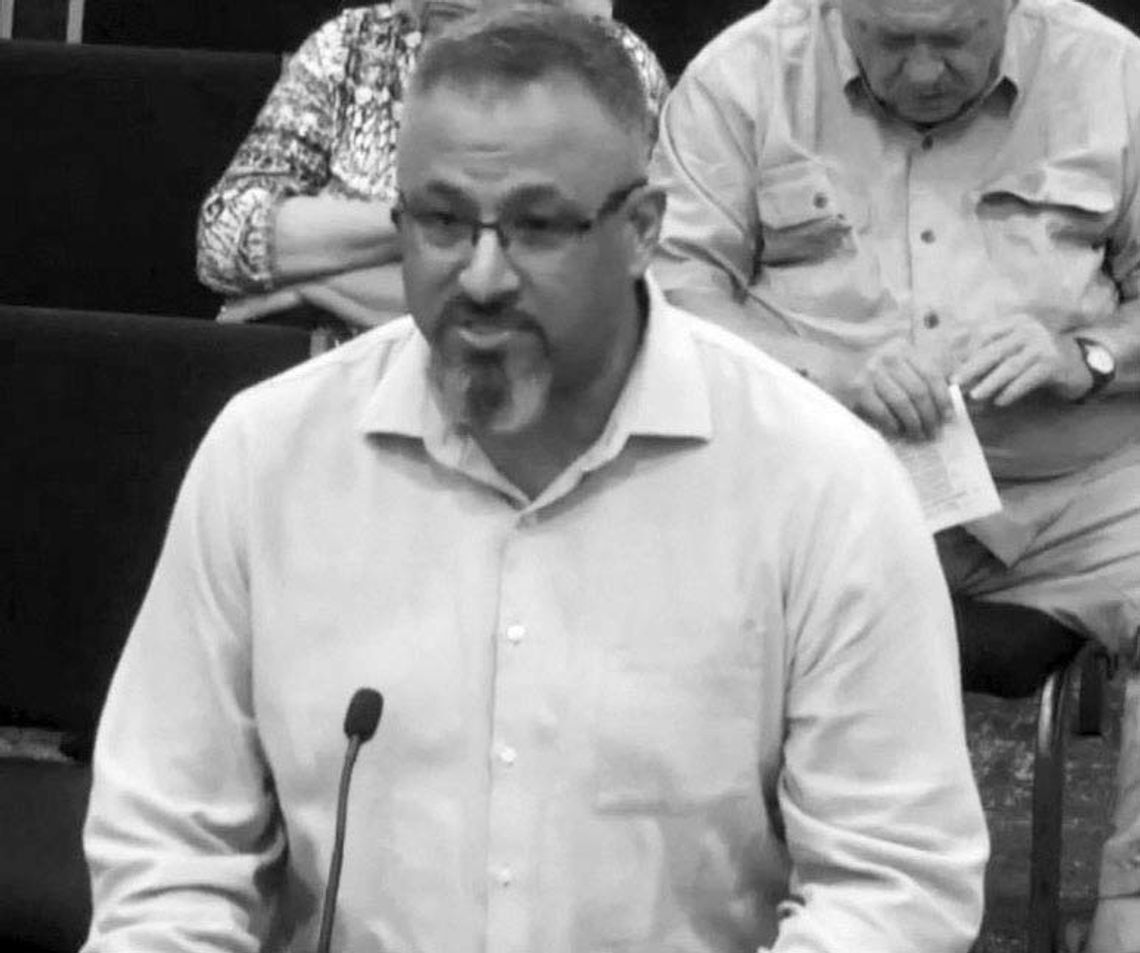Volunteer-made paths still require city oversight
HUTTO — Fallout over unauthorized trails created on property owned by the Riverwalk Neighborhood and on some city-owned lands reached an amicable resolution after City Council heard from a residents’ representative.
The privately built trails, constructed by volunteer efforts, will require city oversight, said Mayor Mike Snyder.
“Now we find out from the (city) attorney the City Council does need to sign off on this,” the mayor said during a recent meeting.
Council members directed city staff to come up with regulations that would govern the building of nature trails and also address connectivity between city-owned trails and private-property paths.
“The trails were never something that were planned out, never something that was even discussed with us. But now that the trails are there, now that the residents have seen it and they enjoy it, our whole thing is for our residents to go ahead and utilize it,” said Gabriel Galindo, vice president of the Riverwalk Neighborhood board during the May 15 council session.
“We were averse to opening it up to the whole public because of liability issues. Our attorney let us know that if something happens to a nonresident we could be held liable,” Galindo added.
The neighborhood association has since erected “no trespassing” signs letting people know the trails are not open to the public.
Snyder said he was surprised to find unauthorized nature trails built not only on private lands but also on city property.
The trails resulted from hours of volunteer work by Cory Denena, who is also a candidate for Place 3 on the council.
A runoff between Denena and Jim Morris is set for June 7.
Denena was not at the meeting and did not respond to a request for comment from the Press.
However, several residents have defended the trails and said they appreciate Denena’s initiative.
“I have heard many members on this dais, including the mayor, say that they would really like private citizens and private organizations to take the burden off government and to do things for free that we don’t have to pay for,” said Mayor Pro Tem Peter Gordon. “So, the trails that have been put on city land currently probably value in the tens of thousands of dollars if we would have paid city employees to do it.”
Snyder expressed concerns about the trails’ creation and maintenance.
“How is there a trail system being built? Who’s doing the upkeep? Who’s doing the liability? What’s the specs? What’s the design? What’s the plan? There (are) so many questions,” the mayor said. “How does something like this happen and we don’t even know?”
Snyder, who worked on trails as an Eagle Scout, recalled the hours of labor needed to keep one maintained and safe. He questioned whether the volunteer-made trails followed safe design principles, noting there was a tree in the middle of a path.
Snyder also was concerned that the 3-foot-wide trails are being used by motorized dirt bikes, mountain bicycles and pedestrians.
Without regulations, the police are not able to adequately patrol safe usage, officials said.
“Things are done out there and then we’re being asked to approve it after the fact. I’m a little caught off-guard on these,” Snyder said.
While Gordon agreed with the vote for staff to create rules governing the trails system, he cautioned against City Hall overreach.
“I commend Mr. Denena for attempting to go through the proper channels as he understood them. I disagree that things like this always have to come before City Council because we set the vision for what we want,” Gordon said.
Councilman Evan Porterfield had a different view.
“Good intentions pave a path I don’t want to go down,” he said. “I agree we do need trails, but we need to make sure we’re all aligned, so hopefully staff will bring us something that will help us have a very clear understanding.”









